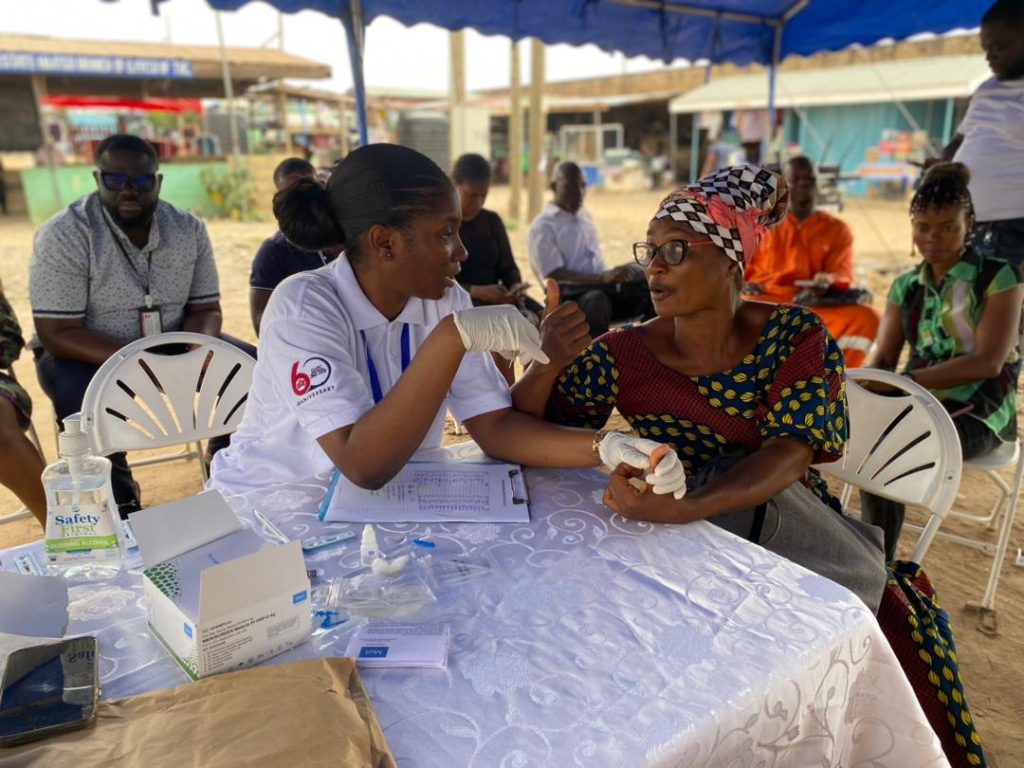Accra, Aug 23, GNA – The Ghana Atomic Energy Commission (GAEC) says it has made significant progress in research to control mosquito populations in support of efforts to eliminate malaria in Ghana.
The research, being conducted at GAEC’s Biotechnology and Nuclear Agriculture Research Institute (BNARI), involved the rearing and release of sterile male mosquitoes to control wild populations.
The disclosure was made at the Institute’s 7th Malaria Awareness Campaign and free screening, held at the Atomic down roundabout, a statement signed by Madam Sheila Frimpong, Ag. Director, Commercialisation and Communication at GAEC said.
The event, under the theme “Health equity: a cornerstone for malaria elimination in Ghana”, formed part of activities to mark GAEC’s 60th anniversary. It also commemorated this year’s World Mosquito Day, themed “Accelerating the fight against malaria for a more equitable world”.
Prof. Michael Osae, the Director of BNARI, explained that the ongoing research was focused on understanding the biology of male mosquitos, including their mating behaviours, to identify the optimal irradiation dosage that would effectively sterilise them while allowing them to survive and mate, the statement said.
“The release of these sterile male mosquitoes will reduce the mosquito population because wild females mated by sterile males will not reproduce, lowering malaria transmission.
“We are currently working to determine the appropriate pilot size for this technology. This effort led our team to some islands on the Volta Lake to assess the mosquito diversity, population size and disease transmission in those areas” the Director said.

On his part, Prof. Dickson Adomako, the Deputy Director-General of GAEC, thanked the staff of BNARI for sustaining the initiative over the years.
He commended members of the nearby communities and the public for availing themselves to acquire the knowledge necessary to protect against malaria.
He encouraged them to take advantage of the free screening to discover any malaria infections before symptoms became severe.
“If your test result is positive, seek treatment as soon as possible to minimize the risk of complications” he added.
GNA